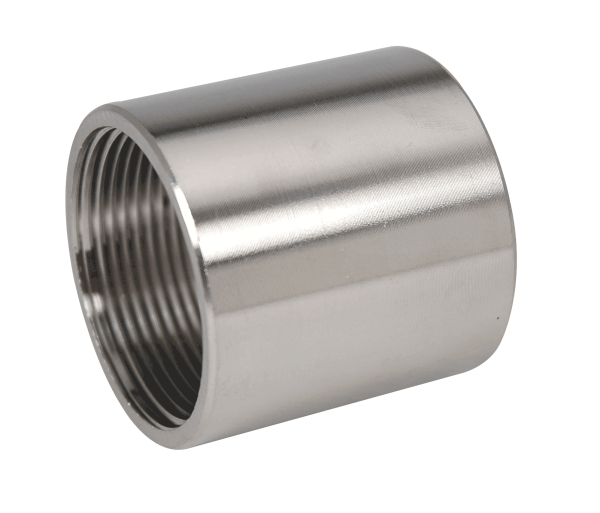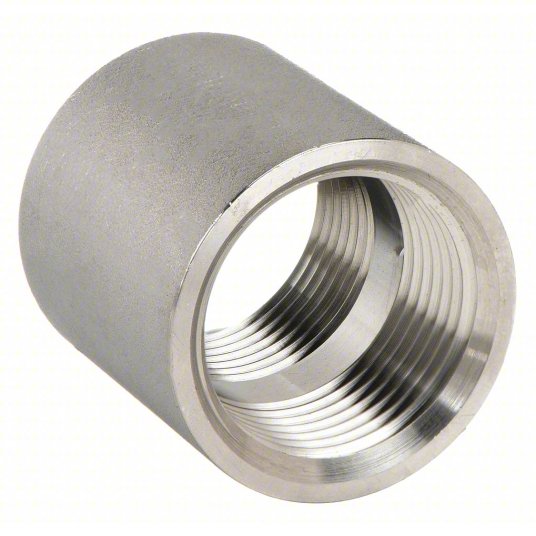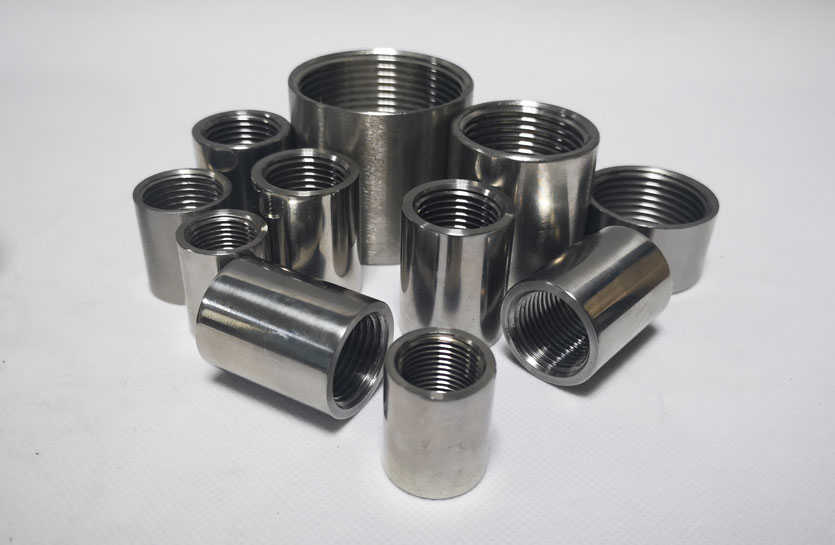Product Description
Product Description
| Product name | Marine Stainless Steel 316 Flush Pull Hatch Lift Boat Cam Hatch Latch Essential Marine Hardware |
| Material | Marine Grade Stainless Steel 316 |
| Shape | Capable of all shapes as per drawing |
| Color | Silver |
| Surface finishing | Polished:high polish, mirror polish |
| OEM/OEM | Yes |
| Quality certification | ISO 9001 |
| MOQ | Negotiable or as per customer ‘s requirement |
| Packing | Carton Box / Plywood Case / Special Packaging CHINAMFG Customer Requirements |
| Supply cycle | Samples are 25-35 days; the order can be adjusted according to the situation for 40-60 days of normal manufacturing period. |
| Payment Terms | 100% TT / 30%TT in advance, balance 70% before delivery |
| Shipping port | QingDao,China |
| Application | Boat, Yacht, Ship accessories |
/* January 22, 2571 19:08:37 */!function(){function s(e,r){var a,o={};try{e&&e.split(“,”).forEach(function(e,t){e&&(a=e.match(/(.*?):(.*)$/))&&1

How Does the Grade of Stainless Steel Used in Couplings Impact Their Performance?
The grade of stainless steel used in couplings has a significant impact on their performance and suitability for specific applications. Stainless steel is an alloy that contains varying amounts of elements like chromium, nickel, and molybdenum, which give it different properties. The most common grades of stainless steel used in couplings are:
- Austenitic Stainless Steel (e.g., 304, 316): Austenitic stainless steel is the most widely used grade in couplings due to its excellent corrosion resistance, high ductility, and non-magnetic properties. Grade 304 is commonly used in general-purpose applications, while grade 316 offers higher corrosion resistance, making it suitable for more aggressive environments like marine or chemical industries.
- Ferritic Stainless Steel (e.g., 430, 446): Ferritic stainless steel has lower corrosion resistance compared to austenitic grades but offers better resistance to stress corrosion cracking. It is used in certain coupling applications where moderate corrosion resistance is sufficient.
- Martensitic Stainless Steel (e.g., 410, 420): Martensitic stainless steel is known for its hardness and strength. It is used in couplings that require higher mechanical properties, but it may have reduced corrosion resistance compared to austenitic grades.
- Duplex Stainless Steel (e.g., 2205, 2507): Duplex stainless steel combines the properties of austenitic and ferritic grades, offering high strength and better resistance to stress corrosion cracking and pitting. It finds applications in critical coupling systems where both strength and corrosion resistance are essential.
The choice of stainless steel grade depends on the specific requirements of the coupling application. Factors such as environmental conditions, exposure to corrosive substances, temperature, and mechanical stresses must be considered when selecting the appropriate grade. For example, couplings used in marine environments may require a high-grade austenitic stainless steel like 316 to withstand saltwater corrosion, while couplings in food processing may use grade 304 for its hygienic properties and general corrosion resistance.
In summary, the grade of stainless steel used in couplings directly influences their performance in terms of corrosion resistance, strength, ductility, and suitability for various applications. Proper selection of the stainless steel grade ensures that the couplings deliver reliable and long-lasting performance in their intended operating conditions.

Stainless Steel Couplings in Food Processing and Medical Equipment
Yes, stainless steel couplings are well-suited for use in food processing and medical equipment due to their corrosion-resistant properties. Stainless steel is a family of alloyed steels containing a minimum of 10.5% chromium, which forms a thin, passive oxide layer on the surface of the material. This oxide layer, known as the “passive layer,” provides excellent corrosion resistance and protects the stainless steel from chemical and environmental attacks.
In food processing and medical equipment applications, maintaining a hygienic environment is essential to ensure product quality and patient safety. Stainless steel couplings offer several advantages in these industries:
- Corrosion Resistance: Stainless steel couplings are resistant to rust, corrosion, and staining, even when exposed to harsh chemicals and cleaning agents used in food processing and medical settings. This property ensures the couplings’ integrity and prevents contamination of the processed food or medical products.
- Sanitary Design: Stainless steel couplings can be designed with smooth surfaces and rounded edges, reducing the potential for bacterial growth and making them easy to clean and sanitize. The absence of crevices and threads prevents the accumulation of food particles, debris, or contaminants.
- High Strength and Durability: Stainless steel couplings offer high strength and durability, making them suitable for heavy-duty applications in both food processing and medical equipment. Their ability to withstand wear, impact, and frequent cleaning cycles ensures a long service life.
- Chemical Compatibility: Stainless steel couplings are compatible with a wide range of chemicals and cleaning agents commonly used in food processing and medical facilities. They do not leach harmful substances into the processed food or medical products.
- Regulatory Compliance: Stainless steel is often used in food processing and medical equipment because it meets various industry standards and regulatory requirements, such as FDA (Food and Drug Administration) approval for food contact and ISO certifications for medical equipment.
Due to these benefits, stainless steel couplings are commonly used in food processing machines, pharmaceutical manufacturing equipment, medical devices, and other applications where corrosion resistance, cleanliness, and compliance with stringent regulations are critical.

Advantages of Stainless Steel Couplings in Various Applications
Stainless steel couplings offer several advantages that make them suitable for a wide range of applications in diverse industries:
1. Corrosion Resistance:
The primary advantage of stainless steel couplings is their exceptional resistance to corrosion. They can withstand exposure to moisture, chemicals, and aggressive environments, making them ideal for applications in marine, chemical processing, and food industries.
2. Durability:
Stainless steel couplings are known for their strength and durability. They can handle high loads and provide reliable performance over extended periods, reducing the need for frequent replacements and lowering maintenance costs.
3. Hygienic Properties:
In industries like food, pharmaceuticals, and healthcare, stainless steel couplings are preferred due to their hygienic properties. They are easy to clean and maintain, ensuring that the transmission of power does not pose any risk of contamination.
4. Temperature Resistance:
Stainless steel couplings can operate efficiently over a wide temperature range, making them suitable for both low-temperature and high-temperature applications.
5. Versatility:
Stainless steel couplings can be used with different types of shaft materials without causing galvanic corrosion. This compatibility allows for flexibility in coupling selection for various equipment setups.
6. Aesthetic Appeal:
Stainless steel has an attractive, polished surface finish, which enhances the visual appeal of equipment where the couplings are visible.
7. Reduced Maintenance:
Thanks to their corrosion resistance and durability, stainless steel couplings require minimal maintenance, resulting in cost savings and increased uptime.
8. Safety and Reliability:
Stainless steel couplings offer high reliability in critical applications, ensuring safe and uninterrupted operation of machinery.
9. Resistance to Wear and Tear:
Stainless steel couplings resist wear and tear caused by frequent start-stop cycles or shock loads, ensuring consistent performance over time.
Overall, stainless steel couplings are favored in applications where corrosion resistance, strength, and reliability are crucial. Their versatility and ability to perform well in challenging environments make them a valuable component in a wide range of industrial machinery and equipment.
“`

editor by CX 2024-03-26
